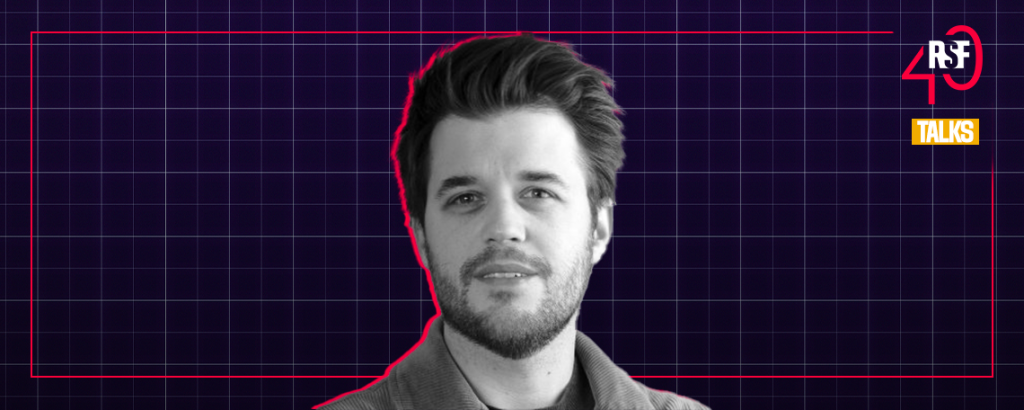Listen to the article
In a significant shift within global information warfare, Russia has developed a sophisticated network of influence entrepreneurs and contractors who are reshaping propaganda efforts, particularly across Africa, according to recent research.
Experts have identified two distinct categories of actors operating in this space: “influence entrepreneurs” and “influence contractors.” The entrepreneurs—both Russian and African—sell influence or disinformation services that advance Russia’s foreign policy objectives and legitimize its presence on the African continent. These individuals capitalize on the financial opportunities created by Russia’s expanding African footprint.
“There is a transnational market of influence, which is organized in Russia and can relocate to places where Russian propaganda is spread,” the research indicates. Within this market, entrepreneurs compete for assignments, service requests, and sometimes public contracts, building economic models around influence or disinformation campaigns.
Meanwhile, “influence contractors” operate more directly as companies hired by the Russian state to conduct disinformation campaigns, primarily within Russia itself. This represents a neoliberal approach to contracting private-sector expertise within an authoritarian regime.
The African landscape has proven particularly fertile for these operations. This model of influence entrepreneurship was pioneered in 2013 with the Lakhta project—also known as the Internet Research Agency—established by the late Yevgeny Prigozhin, who also headed the Wagner militia. These early Russian actors sold influence services based on an entrepreneurial approach to legitimize Russia’s presence.
In countries like the Central African Republic, Mali, and Benin, local journalists and media entrepreneurs have discovered lucrative opportunities in producing pro-Russian content. This reveals a concerning dimension of media corruption, where Russia launders its propaganda through local actors who have financial incentives to participate.
While these practices occur globally, Africa’s often fragile and precarious media ecosystems make such operations substantially easier to implement.
One prominent example is African Initiative, described as a self-proclaimed news agency owned by Moscow-based private company INITSIATIVA-23. Analysts view this organization as effectively replacing the media component of the Wagner Group’s African operations, while the Africa Corps has taken over the military component. The project appears to be directed by the Russian state, particularly the defense ministry and the General Intelligence Directorate (GRU).
Russian state media outlets have simultaneously pivoted toward African audiences. Sputnik began intensifying its African presence as early as the 2019 Russia-Africa Summit in Sochi, establishing networks of correspondents throughout the continent and initiating partnerships with African media outlets for content sharing and journalist training.
RT’s transformation began more abruptly in February 2022, when its channels and broadcasts were suspended in the European Union following sanctions adopted after Russia’s invasion of Ukraine. RT France subsequently relocated to Moscow while significantly expanding its African news coverage.
Lexicometric analyses reveal a substantial increase in the use of terms like “Africa” and “African” in RT content, with the English-language channel now devoting approximately 25% of its content to Africa. This coverage heavily features anti-colonial rhetoric, which echoes Russia’s long-standing anti-imperialist messaging in Latin America.
“This anti-imperialist discourse has long existed on RT in Spanish—created in 2009—especially because Latin America was targeted by Russia’s information influence much earlier,” the research notes. This approach resonates with audiences in regions with strong anti-American or anti-Western sentiments.
One of Russian propaganda’s greatest strengths lies in its adaptability to targeted audiences. While maintaining common themes—criticism of Western neoliberalism and interventionism—Russian outlets customize their approach for different regions. This creates a multi-faceted propaganda strategy rather than a rigid message.
The result is a strategic alignment between the anti-imperialist discourse of RT in Spanish, which primarily targets the United States, and the anti-colonial narrative developed for African audiences, which focuses on France and, increasingly, the United Kingdom.
Fact Checker
Verify the accuracy of this article using The Disinformation Commission analysis and real-time sources.




12 Comments
The distinction between ‘influence entrepreneurs’ and ‘influence contractors’ is an important one. Understanding the different actors and their incentives is key to developing effective counter-strategies.
This research highlights the importance of monitoring and understanding the evolving landscape of global information warfare. Vigilance and adaptability will be key for policymakers and civil society.
This research underscores the need for greater transparency and accountability around influence operations, especially those with ties to state actors. Shining a light on these networks is crucial.
Curious to see if this model of influence entrepreneurship and contracting has emerged in other geopolitical contexts beyond Russia and Africa. The dynamics could be quite different in other regions.
Good point. Analyzing how this model manifests in other parts of the world could yield valuable insights for a more comprehensive understanding of the issue.
The idea of a ‘transnational market of influence’ is concerning. It suggests that disinformation has become a globalized industry, with significant economic incentives driving its proliferation.
Interesting insight into how Russia’s propaganda efforts have evolved to adapt to different target audiences. It highlights the sophisticated network of influence peddlers and contractors behind these campaigns.
The commodification of disinformation is a concerning trend. Treating influence and propaganda as a commercial service raises serious ethical and geopolitical questions.
Absolutely. When propaganda becomes a profitable business model, it becomes even harder to counter. Maintaining integrity of information is crucial for healthy democratic discourse.
I’m curious to learn more about the specific tactics and techniques used by these influence entrepreneurs and contractors. Understanding their modus operandi is crucial for developing appropriate responses.
Russia seems to have developed a well-organized ‘market of influence’ that can be deployed globally. This level of coordination and commercialization of propaganda is quite alarming.
This is a concerning trend, as disinformation and propaganda can have real consequences, especially in vulnerable regions like Africa. Countering these influence operations will require a multi-pronged approach.